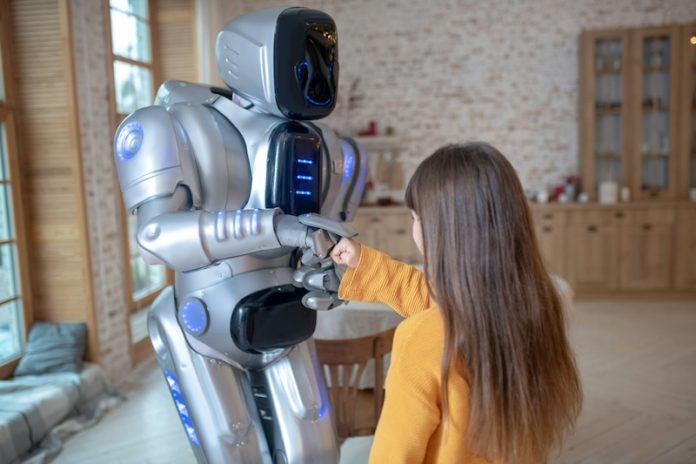
Robots are no longer just part of science fiction; they are becoming a helpful part of daily life, especially when it comes to personalized care at home. As technology advances, robots are being designed to assist people with tasks that range from simple housekeeping to providing emotional support.
These robots are making it easier for people to live independently, especially those who are elderly or have disabilities. Let’s explore how robots are improving home care and what research says about their potential.
Personalized home care is all about meeting the unique needs of each person. Robots play a big role in this by being adaptable and smart. For example, some robots can remind people to take their medication, help them stand up, or even assist with mobility.
A study in 2022 conducted in Japan tested robots that could provide physical support for older adults who had difficulty walking. These robots were equipped with sensors to prevent falls and could adjust their assistance level based on the user’s needs. The results showed that users felt safer and more confident moving around their homes.
Robots are also being used to help people with daily tasks, making life more convenient and comfortable. For instance, cleaning robots like vacuum cleaners and mops have already become popular in many homes. But newer robots are going further—they can prepare meals, fold laundry, or even run errands.
In 2023, researchers in Germany introduced a robot designed to assist with cooking. It could follow recipes, chop ingredients, and even clean up afterward. Studies showed that the robot reduced the time spent on meal preparation by 40%, making it especially helpful for busy families or people with limited mobility.
One of the most exciting applications of robotics in home care is emotional support. Some robots are designed to interact socially, acting as companions for people who may feel lonely or isolated. For example, robotic pets have been developed for older adults who cannot take care of live animals but still crave companionship.
These robotic pets can respond to touch, make lifelike sounds, and even recognize their owners. Research from the United States in 2021 found that older adults who interacted with robotic pets experienced reduced feelings of loneliness and improved mental well-being.
Robots are also helping with health monitoring. Devices like robotic assistants can track vital signs, detect early warning signs of health problems, and alert caregivers or doctors if something is wrong. A study in 2022 from South Korea tested a health-monitoring robot for people with chronic illnesses.
The robot could measure blood pressure, track glucose levels, and even remind users to follow their treatment plans. Users reported feeling more in control of their health, and caregivers appreciated the extra layer of support.
While robots are transforming home care, there are challenges to overcome. The cost of these advanced robots can be high, making them difficult for some families to afford. Privacy concerns are another issue, as many robots rely on cameras and sensors to function effectively. However, researchers are working to make robots more affordable and secure so they can reach more homes.
The future of robotics in personalized home care looks bright. Imagine having a robot that knows your routines, helps you stay healthy, and even cheers you up on a tough day.
These robots have the potential to make home care more effective, giving people greater independence and peace of mind. As the technology continues to improve, robots will likely become an even more familiar and trusted part of our homes.
Robots are changing the way we think about care, making it more personalized, reliable, and accessible. Whether it’s helping with daily chores, providing health support, or simply being a companion, robots are proving they can be just as caring as humans. The journey has just begun, and the possibilities are endless.
Copyright © 2025 Knowridge Science Report. All rights reserved.



